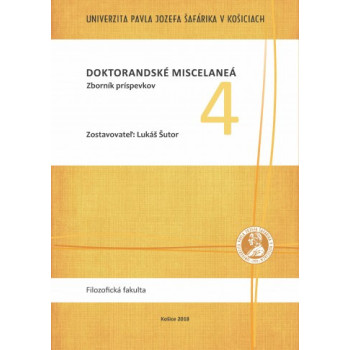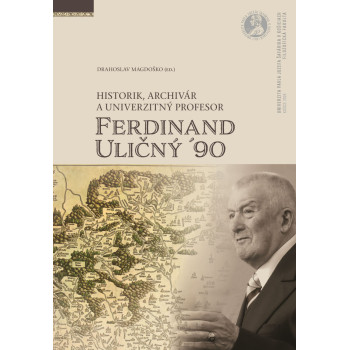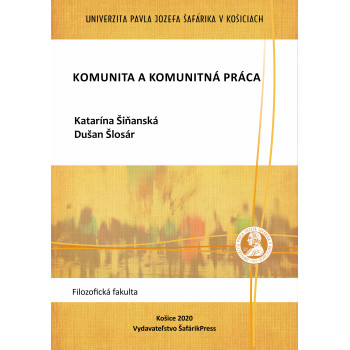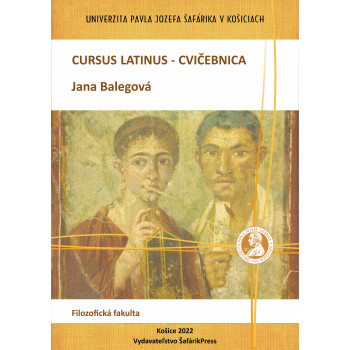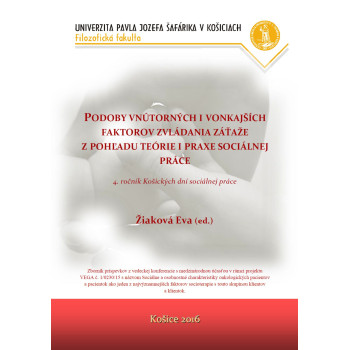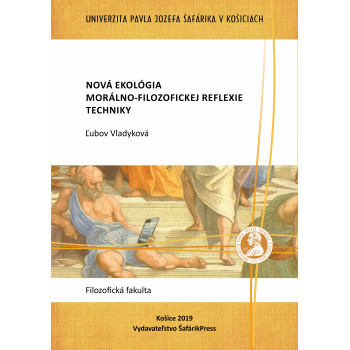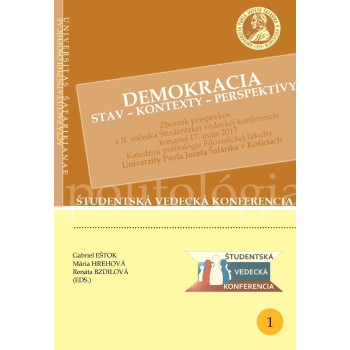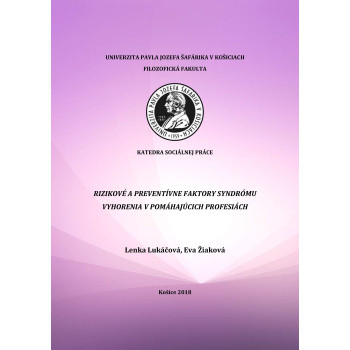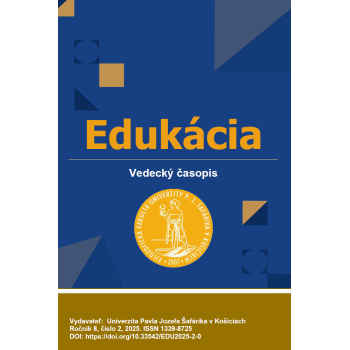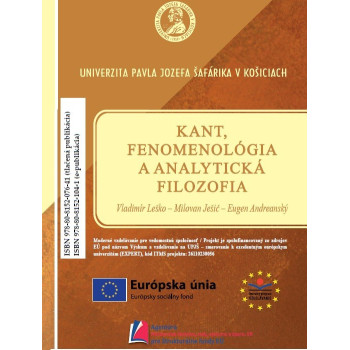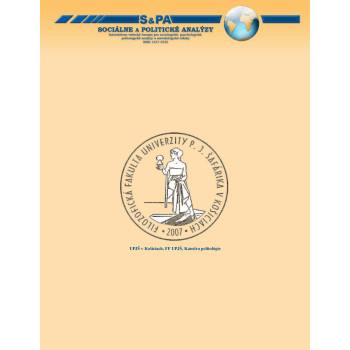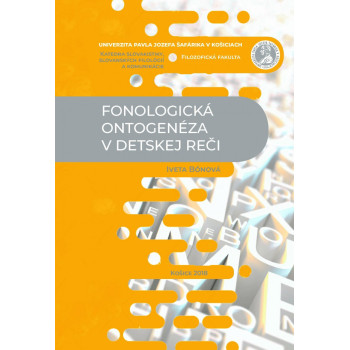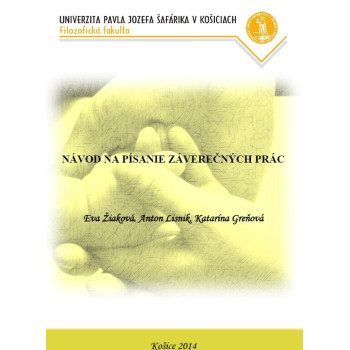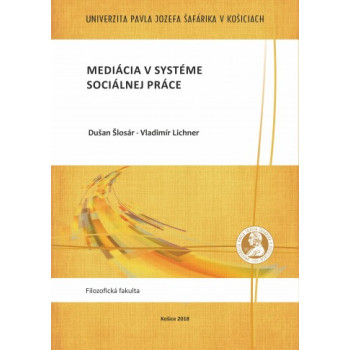
Doktorandské miscelaneá 4
E-book
Lukáš Šutor (ed.)
The proposed anthology represents for many doctoral students their first entry into the publishing environment of scientific genres. The studies in such cases contain the essence of future dissertation works, which represent the creative pinnacle of doctoral studies. In addition to providing doctoral students with the opportunity to publish scientific outputs, we also consider the anthology a space for interdisciplinary encounters and mutual enrichment. However, interdisciplinarity is not merely a characteristic of the anthology as a whole but also of some studies.
Most notable interdisciplinary approaches are observed in literary studies. The traditional subject of research into artistic texts is enriched in individual studies by examining theatrical and film works (Peter Getlík), linguistic aspects of phrasemes (Ivana Hudiková), musical elements (Terézia Kulíková), visual art (Dominika Petáková), and digital spaces of new media (Alexandra Popovičová). From other disciplines, we highlight Miroslava Süčová Vernarská’s study, which extends psychological research into sociological and linguistically communicative contexts (the concept of metaphor), or conversely, Zuzana Šoltésová and Dušan Šlosár’s contribution, analyzing eating disorders from their disciplinary background in social work.
Both mentioned disciplines also include contributions with traditional research subjects. Nikola Fabiny from psychology analyzes consequence expectations in the context of goal selection and achievement. Jana Plavnická and Dušan Šlosár’s co-authored study from the Department of Social Work presents a multi-perspective analysis of integration barriers for immigrants in Slovakia. Within their own disciplines, both philosophy contributions operate: Juraj Brenišin interprets the ethical aspects of Avicbron’s Fons vitæ, while Michal Kručko examines Edmund Husserl’s unfinished work through a comparative lens of his students Jan Patočka and Roman Ingarden. The anthology concludes with Lukáš Lukačín’s study (written in English), which explores the semantic-grammatical category of modality in the verbs MAY and CAN within legal-administrative documents of the European Union.
The representation of academic disciplines and doctoral students’ individual creative outputs in Doktorandské miscelaneá 4 is thus appropriately diverse. We present this publication to the broader academic community as a representative overview of trends in young scholars’ thinking across the spectrum of humanities and social sciences doctoral programs at the Faculty of Arts, UPJŠ in Košice.
Lukáš Šutor



